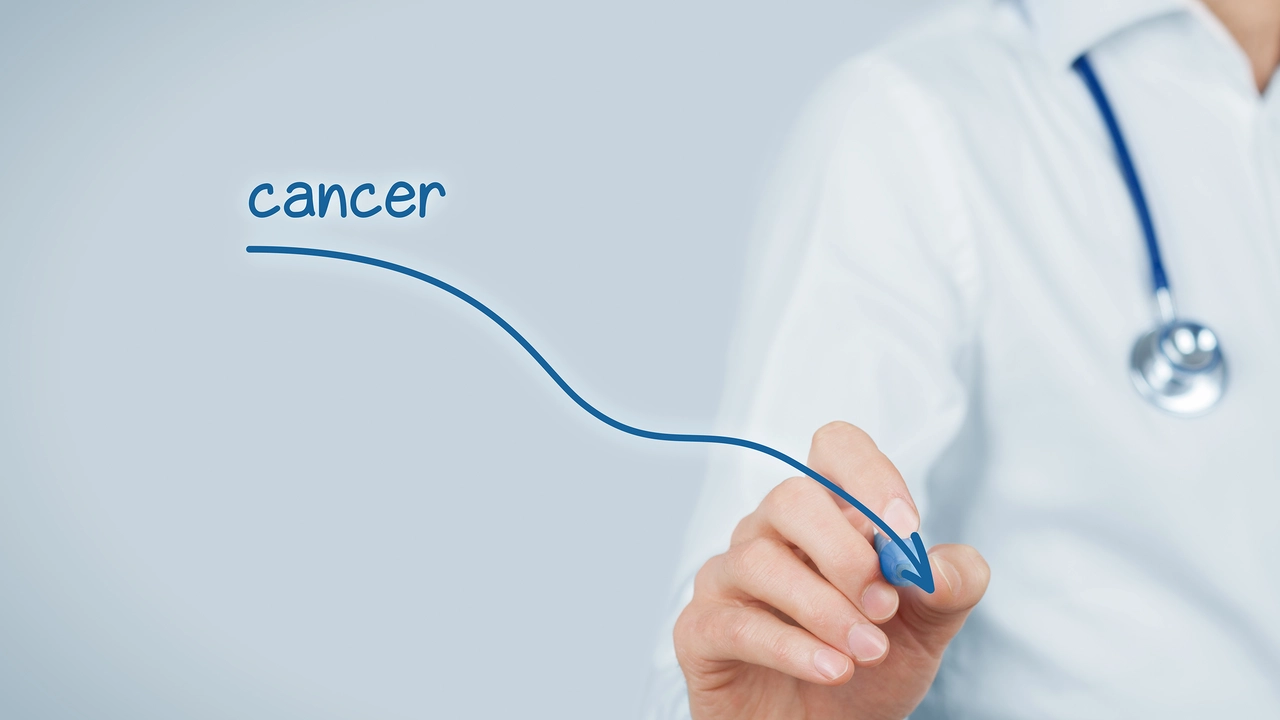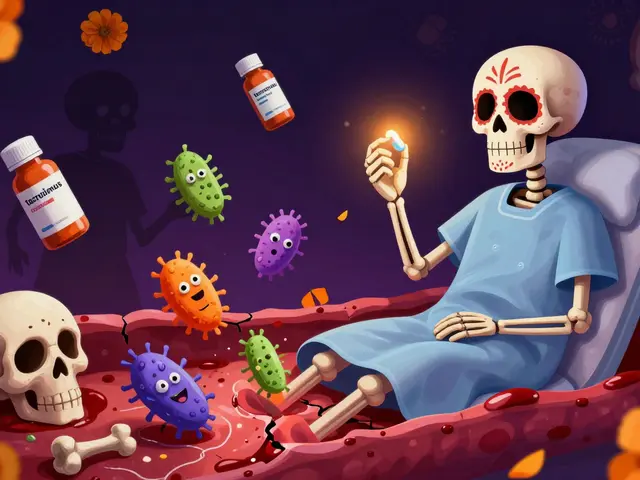Understanding Cancer Risk Factors
Before we delve into ways to reduce your risk of cancer, it's important to understand what factors can increase it. Health professionals often categorize risk factors into two groups: those you can control, such as lifestyle and dietary choices, and those you can't, like age and family history. It's essential to note that having one or more risk factors doesn't necessarily mean you'll develop cancer. Still, understanding these factors can help guide you towards lifestyle choices that reduce your risk.
Adopting a Healthy Diet
What you eat can significantly influence your risk of developing certain types of cancer. Studies have consistently linked a diet high in processed foods and red meat to increased cancer risk. On the other hand, a diet rich in fruits, vegetables, lean proteins, and whole grains can help protect against cancer. This doesn't mean you have to completely eliminate your favorite foods – moderation is key. The goal is to make healthier choices most of the time.
Maintaining a Healthy Weight
Obesity is a major risk factor for several types of cancer. Maintaining a healthy weight can lower your risk for developing diseases like breast, colon, lung, kidney, and prostate cancer. Regular physical activity and a balanced diet can help you achieve and maintain a healthy weight. It's important to note that even small weight loss can have significant health benefits.
Regular Exercise
Regular physical activity can help prevent cancer by helping you maintain a healthy weight and improving your immune function. The American Cancer Society recommends at least 150 minutes of moderate-intensity or 75 minutes of high-intensity activity each week. This can be as simple as walking, biking, or even dancing. It's important to find an activity that you enjoy and make it a part of your regular routine.
Avoiding Tobacco and Limiting Alcohol
Tobacco and alcohol are two of the most well-known cancer-causing substances. Smoking has been linked to various types of cancer, including lung, mouth, throat, pancreas, and bladder. Similarly, excessive alcohol consumption can increase your risk of certain cancers, including breast, mouth, throat, and liver. If you don't use tobacco, don't start. If you do, try to quit. Similarly, if you choose to drink alcohol, do so in moderation.
Regular Health Screenings
Regular health screenings can detect cancer early, when it's most treatable. Screenings such as mammograms, Pap tests, colonoscopies, and skin exams can detect abnormal cells before they become cancerous. Talk to your doctor about which screenings are right for you based on your age, family history, and other risk factors. Remember, early detection can save lives.
Protecting Yourself from the Sun
Most skin cancers are caused by excessive exposure to the sun. Protecting your skin can significantly reduce your risk. This includes wearing sunscreen with a high SPF, wearing protective clothing, avoiding the sun during peak hours, and never using tanning beds. It's also important to regularly check your skin for any changes and report them to your doctor.
Remember, while these lifestyle changes can significantly reduce your risk of developing cancer, they don't eliminate it completely. Always consult with your healthcare provider for personalized advice and screenings based on your individual risk factors.








12 Comments
ANTHONY MOORE July 7, 2023
I started walking 30 minutes a day after work and honestly? My energy's through the roof. No more afternoon crashes. Also stopped craving junk food. Small changes, big difference.
Nick Bercel July 8, 2023
I don't care what they say, sunscreen is a scam. I've been tan since I was 12 and never had a mole change. Just sayin'.
Vivian Chan July 9, 2023
They never tell you that the FDA approves the very chemicals in sunscreen that cause melanoma. The pharmaceutical industry profits from your fear. You think this is about health? It's about control.
Jason Kondrath July 10, 2023
If you're not eating organic kale and doing cold plunges at 5 AM, you're not serious about prevention. Honestly, your lifestyle choices are just a reflection of your moral character.
Jose Lamont July 10, 2023
I get where you're coming from, but I think most people just want to feel like they're doing something right. Even if it's just swapping soda for water, that's progress. No need to shame anyone.
Alex Hughes July 11, 2023
It's interesting how society has turned cancer prevention into a moral obligation rather than a personal health strategy and I think this shift reflects deeper cultural anxieties about mortality and control over the body that have been amplified by media and corporate wellness marketing that often prioritizes profit over genuine well-being and while I understand the intent behind these guidelines I wonder if the pressure to conform actually creates more stress which itself is a known risk factor for chronic disease and maybe the real solution is less about perfect diets and more about reducing systemic stress and fostering community support systems that allow people to make sustainable choices without guilt
Kalidas Saha July 12, 2023
Broooooo I just quit sugar for 30 days and my skin glows like I'm on a TikTok filter 😍🔥
Ruth Gopen July 14, 2023
I just read a 700-page medical journal article that proves your entire diet is poisoning you. You need to call your mother and tell her to stop feeding you processed food immediately. This is a public health emergency.
Matt R. July 16, 2023
America's cancer rates are rising because we've lost our work ethic. Back in my day, we didn't need kale or yoga-we had discipline. You think a salad stops cancer? It's hard work, grit, and patriotism that keeps you alive. Stop coddling yourself.
andrew garcia July 18, 2023
We are all just stardust trying to understand our temporary form... perhaps the fear of cancer is merely the soul's whisper reminding us to live fully, not just longer. 🌌✨
Hubert vélo July 19, 2023
They’re putting fluoride in the water to suppress your immune system so you’ll need more chemo. The same people who sell you organic food also own the cancer clinics. You’re being played.
Marcus Strömberg July 20, 2023
You call that a healthy diet? I've seen your fridge. That yogurt has more sugar than a donut. You're not preventing cancer-you're just delaying it with performative wellness. Real health isn't Instagrammable.